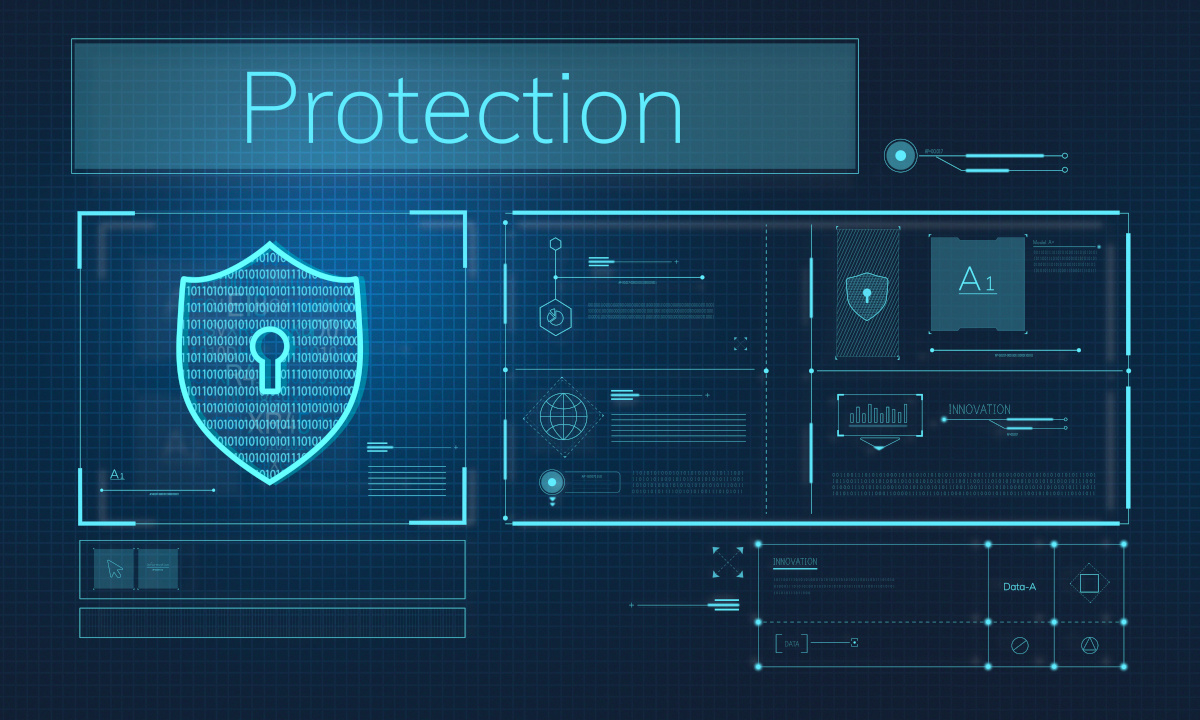Understanding the Different Elements of Network Security
November 30th, 2022 by admin

Network security is made up of many different components that work together to create a secure network environment. These can be divided into three main categories: physical, logical, and technical.
Physical security refers to measures taken to protect the physical devices and infrastructure on the network from unauthorized access or damage. This includes things such as locks, cameras, firewalls, and other physical barriers that prevent people from gaining access to the network. It also encompasses policies for visitors and employees related to accessing sensitive data such as passwords or confidential information.
Logical security focuses on protecting data within the network through best practices such as strong authentication, encryption, user access control systems, two-factor authentication (2FA), and more. Logical security also includes the use of policies and procedures to help ensure that only authorized personnel are allowed access to sensitive data or systems.
Technical security describes a set of tools, techniques, and processes used to protect networks from malicious activities by external attackers or internal users. These include different types of firewalls, anti-virus software, intrusion detection systems (IDS), host-based security solutions, virtual private networks (VPNs), and more. Additionally, technical security encompasses measures like patching, vulnerability scanning, and the implementation of secure configurations.
Together, these elements form the foundation for an effective network security strategy. Implementing measures from all three categories can help ensure that a network is safe from threats both on the outside and inside, making it as secure as possible.
By understanding the different elements of network security and implementing measures to protect both physical and logical assets, organizations can ensure that their data is safe from potential threats. This can help safeguard not only a company's information but also its reputation in the digital world.
Why Is Network Security Essential for Businesses?
Network security is essential for businesses of all sizes because it helps protect important business data, such as customer and financial records, from malicious cyber-attacks. Network security also safeguards sensitive information that could potentially be used to gain access to a company's systems or create disruptions in operations.
Cyberattacks can come in various forms, including viruses, malware, spyware, phishing scams, and other malicious activities. Without network security measures in place, companies are at risk of having their confidential data stolen or abused. Additionally, unauthorized individuals may be able to access a company's networks and manipulate the data within them without being detected.
In addition to preventing intrusion from outsiders, network security is also vital for protecting internal employees from malicious activities. Malware, such as viruses and spyware, can be used by malicious actors to gain access to a company's networks or spread themselves throughout the system.
These threats can cause major damage to a company's systems, leading to costly downtime and potential data loss. With the right network security measures in place, businesses can keep their employees safe from these kinds of attacks.
Finally, network security is essential for ensuring compliance with industry regulations and standards. In today's digital world, companies must adhere to strict guidelines when it comes to protecting their customer and financial information.
By having an effective network security system in place, companies are able to protect their customers' data as well as comply with relevant laws and regulations. This not only helps to ensure that their customers' information is secure, but it also helps them maintain trust with the public and retain a good reputation in the business world.
Overall, network security is essential for businesses of all sizes because it can help protect valuable data from cyber-attacks and malicious activities, provide better protection to internal employees, and ensure compliance with industry regulations. Without adequate network security measures in place, companies are at risk of losing confidential data and incurring substantial losses as a result.
Companies should invest in effective networking solutions that combine both software and hardware components to ensure maximum protection against external threats. Additionally, regular maintenance and updates should be performed to keep systems up-to-date on the latest security protocols. With an effective network security system in place, businesses can ensure their data is protected and remain compliant with industry standards.
Network security is a complex issue that can be difficult to understand. Network security is a critical part of any business, and there are many different elements that go into making a network secure. Firewalls, anti-virus software, and password protection are all important, but they are just the beginning. In order to create a truly secure network, you need to understand all the different elements involved. If you want to learn more about how the different elements of network security work together, contact TOTLCOM today.
Posted in: Network Security
